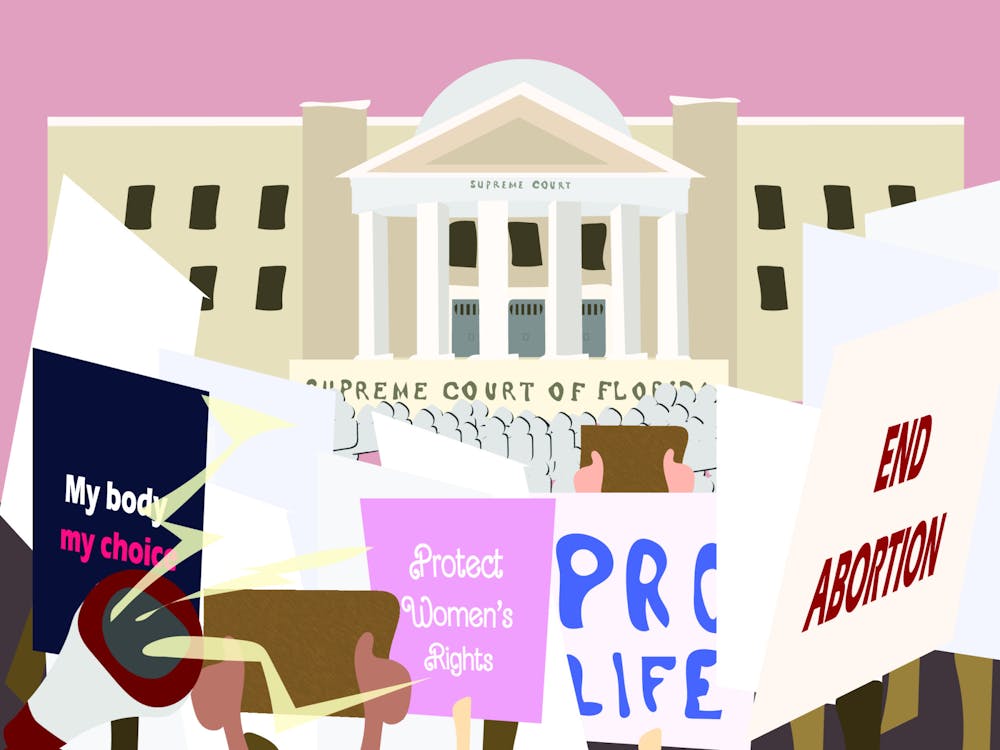The Florida Supreme Court upheld the current 15-week abortion ban Monday, providing a conclusion to the years-long legal challenge. In contrast, the court also approved the inclusion of a constitutional amendment protecting abortion access on the 2024 general election ballot, giving voters a chance to oppose the legislation.
The state’s present abortion restrictions were passed in 2022. Planned Parenthood, among other advocacy groups, launched a lawsuit that same year, asserting the unique privacy clause in Florida’s Constitution was violated by the ban.
Florida Gov. Ron DeSantis signed a new six-week abortion ban into law in 2023, an initiative that could only be enacted if the 15-week legislation was upheld.
The primarily conservative court consists of seven justices, five of whom were appointed by DeSantis.
“Planned Parenthood cannot overcome the presumption of constitutionality and is unable to demonstrate beyond a reasonable doubt that the 15-week ban is unconstitutional,” the court justices wrote in a majority opinion.
Following the decision, the state-wide six-week ban is set to take effect May 1.
However, the court also ruled in favor of an opposing amendment’s inclusion on the November general election ballot. Amendment 4, backed by a collection of reproductive rights groups, aims to enshrine abortion access in the Florida constitution.
The amendment will read in part, “No law shall prohibit, penalize, delay, or restrict abortion before viability or when necessary to protect the patient’s health, as determined by the patient’s healthcare provider.”
If approved, the ballot initiative would disallow abortion restrictions before fetal viability at the 24th week of pregnancy with exceptions for pregnant patients with compromised health.
“This comes at the same time they have allowed a six-week ban to go into effect, making this initiative more important than ever,” said Executive Director of the Florida Alliance of Planned Parenthood Affiliates Laura Goodhue in a press release.
With abortion banned in 14 states nationwide, both Georgia and South Carolina have active six-week bans. Iowa’s similar legislation is paused pending an ongoing legal challenge.
“This is one issue where Democrats, Republicans, and Independents agree: our private medical decisions are none of the government's business,” said Florida Senate Democratic Leader Lauren Book, D-Davie, in a press release.
Faced with the upcoming November presidential election, Florida voters will ultimately determine whether the six-week ban or opposing amendment will stand.
Contact Rylan DiGiacomo-Rapp at rdigiacomo-rapp@alligator.org. Follow her on X @rylan_digirapp.
Rylan DiGiacomo-Rapp is the enterprise environmental reporter and a third-year journalism and environmental science major. She has also worked as the metro editor, enterprise political reporter and metro news assistant. Outside of the newsroom, you can usually find her haunting local coffee shops.






